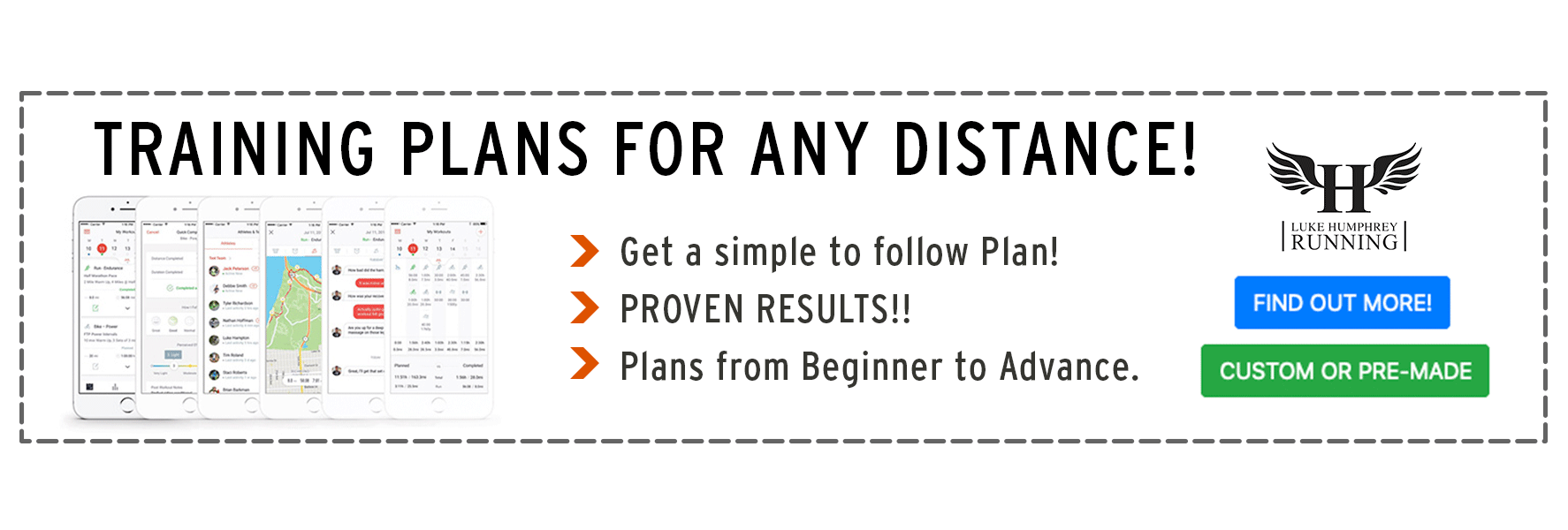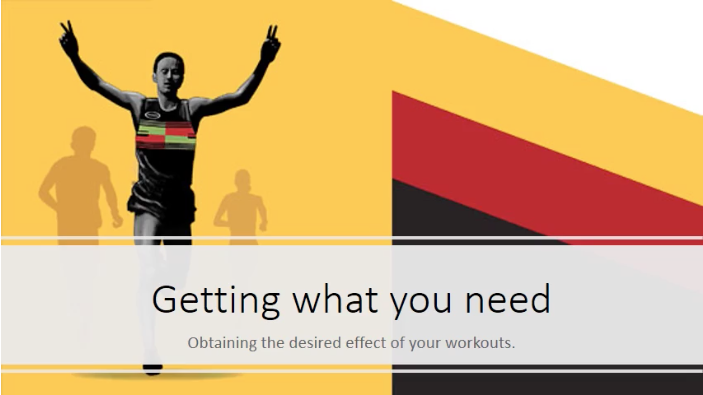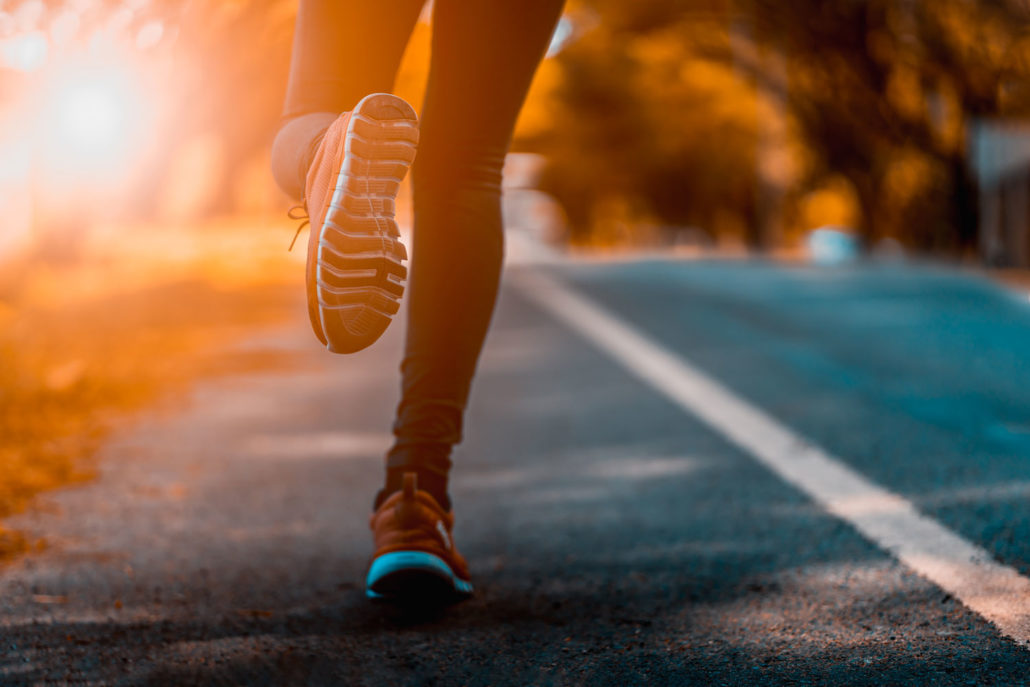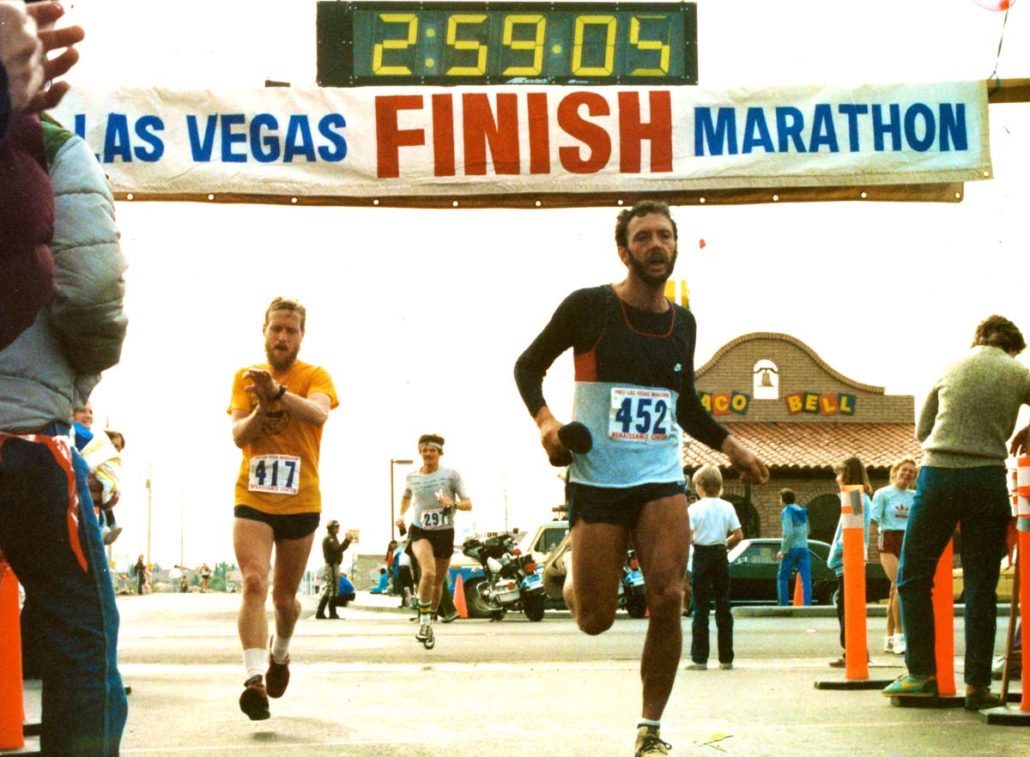Self Confidence
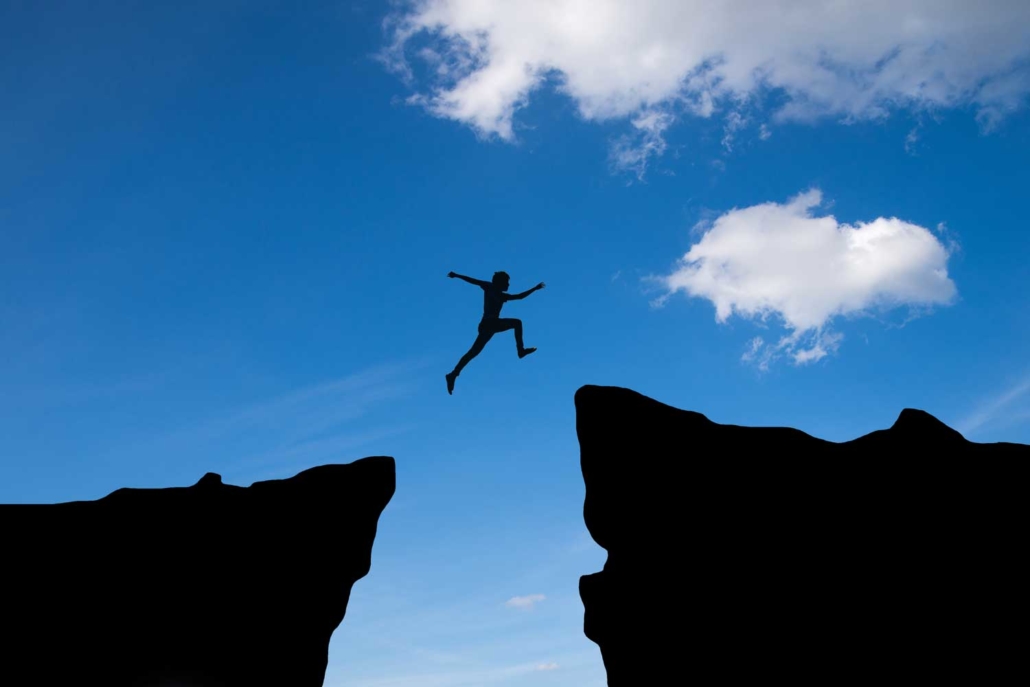
Podcast: Play in new window | Download
It was 2008 and I was on the starting line of the New York City Marathon. I had just completed the best training segment of my entire life. Yet, here I was petrified, staring at the world’s best runners (Olympic medalists, world record holders, and past champions). Needless to say, I underperformed and left incredibly disappointed. Fast forward to 2011. I was on the starting line of the Rock n Roll Marathon in San Diego. Nothing in my training block had stood out. I was ready to accept whatever outcome happened, but I was calm, relaxed, and itching to run. That day I ran a new PR of 2:14:38. The difference? It certainly wasn’t the training. It was the same training I had done for years. No, the difference was my self confidence and that is a major bummer. Today, I want to explore the idea of self confidence a little more and how you can make sure yours isn’t going to be a factor in your next performance.
What is self confidence?
It is simply the belief in one’s self to successfully perform the desired behavior. From that, there are two types of self confidence- trait confidence and state confidence.
Trait confidence is the notion that self confidence can be seen as something that is more stable and part of one’s personality. An example of this might be that regardless of whether a runner is confident they will stick to the training plan. For the most part, I feel like this is me- when it comes to training, at least. It might not be true when it comes to races though!
State confidence is a feeling of confidence that is felt at a particular point in time, but relies on the current state of mind of an individual and may only be demonstrated momentarily. An example of this might be when a runner is normally very confident until it comes to a stressful situation. Then the person loses their confidence. This was me on the starting line of the NYC marathon!
The Four Sources of Confidence
Mastery:
By far the most dependable of the sources. If we continually see defeat, we tend to have lower self confidence. It’s not a lot of fun seeing a race fall apart over and over again, right? So we want to build in successful experiences to experience a sense of success. These are even more important for those with low self confidence in general- stemming from negative life experiences. Even small victories stacked on top of each other can gradually build your confidence.
In terms of running, say you are running your first marathon. You really aren’t great at long tempos and as you do longer and longer tempo’s, you continue to struggle and fall apart. Not good for the mastery idea and confidence, huh? So, as a coach, I might look at that and break those workouts up. I might find a way to build the person up in accumulating the volume at marathon pace, without throwing them into a weekly workout that they continually struggle at.
Modeling:
This is where a good coach and community can be a big help. Those with less experience are likely to have less confidence in themselves. Let’s use the first time Boston Marathon qualifier. They heard all the stories about the course and the crowds and are panicked a little bit. As a coach who’s run the course, you can help them by modeling their training after the course. You could provide your experience from running the race and how you handled situations. Another example is something very common in our community. People have my book, but it doesn’t look like a common training plan. So, they post their fears in our community looking for advice. Thankfully for me, dozens of runners chime in who went through the same experience and were successful. The runner can then model their training based on others’ experience of the same situation.
Social Support:
This is another area we see a lot of in our community. A person posts a workout in our group in hopes to get a bunch of likes and encouragement. This can help, for sure, but the thing is, you really have to be sincere about the encouragement or many people will sniff out the bullstein. It matters most if the encouragement is coming from a coach, accountability partner, or anyone with a strong persuasive influence in the person’s life. It also is important for significant others, close friends, and family members to be providing social support because their credibility in the person’s life is more influential in helping a person become a better athlete.
Where I would be careful- just looking for support from people telling you what you want to hear and not the truth…
Physical and Mental Prep:
Nothing beats putting in the work. Part of this goes to having goals that require you to focus. What I mean, is that having a goal of running a 5k as a goal is great, but it allows you to be lax in structure, right? If you get out and run a few times a week, then you’ll be able to accomplish that goal. Nothing wrong with that, it just doesn’t require a lot of planning on your part. If your goal is to break 3 hours in the marathon, then that’s going to require a lot more work. If you did that work, then you will have a lot more confidence standing on the starting line than you will if you project that you did the work, but really weren’t that committed to the daily task of training.
Mentally, there are strategies, too. Like imagery, positive self talk, and things of that nature. These are all important, too. However, in my opinion, it’s all cemented together with doing the work on a consistent basis. Grinding out a hard workout builds your mental capacity to wrap your thoughts around a difficult time. If you can come out the other side of that intact, then you are in a much better position to convince yourself that you can do it again during a competition. It is a balancing act and an individual circumstance issue too. We don’t want to defeat a person who needs the workout victories, but we want to make some of those workouts to be “gut check” time, too. In the end, it comes down to how well you can build a person up to a point where they can handle that gut check without having it turn into a confidence nose dive.
Conclude
Overall, when you read through this, I hope the big takeaway is that you can’t do it alone. Having people you trust is crucial. Surrounding yourself with people who support is invaluable. Having a team prepare you physically while having friends and family being there to support you can go a long way in an individual sport. Luckily, that’s one thing that the running community provides, for the most part. We can find those people in a Facebook group or the community run club. I feel like many of us think we have to go it alone. I know I felt that way for a long time. This is true with anything we want to grow and excel at in life.
So, if you are lacking in the self confidence department, how should you proceed? The first thing I’d do is make sure what you are doing makes sense. I realize I am a coach, but I am not saying you need to go out and hire me or anyone. I think a great way to get good advice and be part of a community is getting involved locally with your running shops community runs. It’s a great place to start. Research philosophies that are out there. See what makes the most sense. If there’s a training group, think about joining it. Find an online community. I know these can be tricky, but a good group will police itself from the jokers. The people with real insight will emerge. The bottom line, surround yourself with people you trust and who will give the answers you need to hear (not necessarily what you want to hear). Seek out help from people who have been where you want to be. Lastly, I think recognizing that a good or a poor performance doesn’t define you. How you carry yourself through both is what will define you. Letting go of that can do wonders for releasing the power of your untapped potential.
